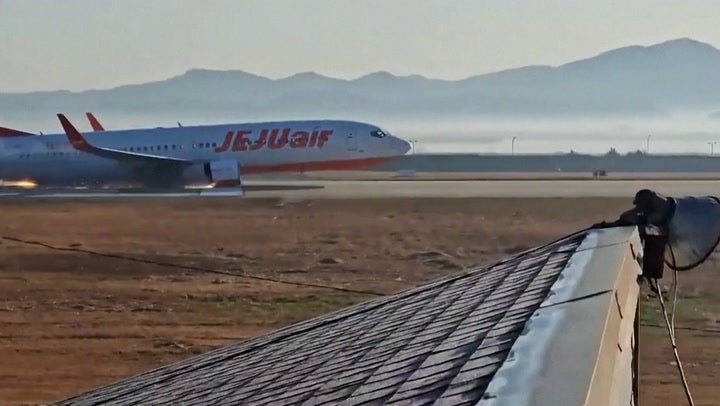Cause of South Korea plane crash unclear as officials focus on bird strikes
Share:
Experts say bird strikes are relatively common and should not have been enough to cause landing gear failure. No one knows for certain what caused Jeju Air flight 7C2216 to crash, killing all but two of its 181 passengers and crew. As darkness fell at Muan international airport in South Korea and officials fielded questions from distraught relatives of the dead, the most likely explanation was that the plane had been struck by one or more birds, triggering a sequence of events that prevented the pilot from deploying the landing gear.
Aviation officials focused on bird strikes – and, to a lesser extent, the weather – as the most probable cause, even as some experts said the relatively common phenomenon would not have been enough to cause a catastrophic failure of the landing gear.
It has been reported that the control tower at Muan issued a bird strike warning shortly before the pilot made a mayday call. “Staff members all said they had never seen so many birds before. They suddenly flew in from outside the airport,” an anonymous airport official told the South Korean news site OhmyNews.
More will be known once officials have inspected flight data retrieved from the debris of the Boeing 737-800, but aviation experts said a bird strike alone probably would not have carried the impact needed to disable the landing gear. “A bird strike is not unusual, problems with an undercarriage are not unusual,” said Geoffrey Thomas, the editor of Airline News. “Bird strikes happen far more often, but typically they don’t cause the loss of an airplane by themselves.”.






















